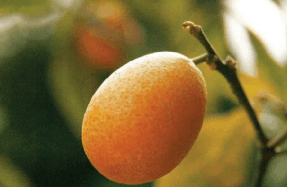Debunking beauty myths


In the Goop-ified world of beauty and wellness, the clean beauty movement has become a regular point of tension, especially between brands and influencers on the one hand and scientists within the field on the other. When you scratch the surface, it becomes clear that “clean beauty” is more of a marketing label slapped onto a product much akin to “clean eating”, insinuating that your favourite comfort foods are polluting your body and so too are your go-to serums, moisturisers and perfumes.
As The Eco Well founder Jen Novakovich writes in a blog post, “When you label your brand as ‘clean’, you imply to consumers that other products are ‘dirty’. This denigrating marketing strategy trains people not to trust science, encourages conspiratorial thinking around regulations and betrays trust across the whole industry.”
The idea that products are “unsafe” because they contain particular ingredients is completely false — after all, it is illegal to sell unsafe products. Cosmetic regulations differ around the world, and in Australia there are no specific government-mandated guidelines on testing cosmetics for safety and stability. But this isn’t to say there are no regulations entirely (an argument made
You’re reading a preview, subscribe to read more.
Start your free 30 days





